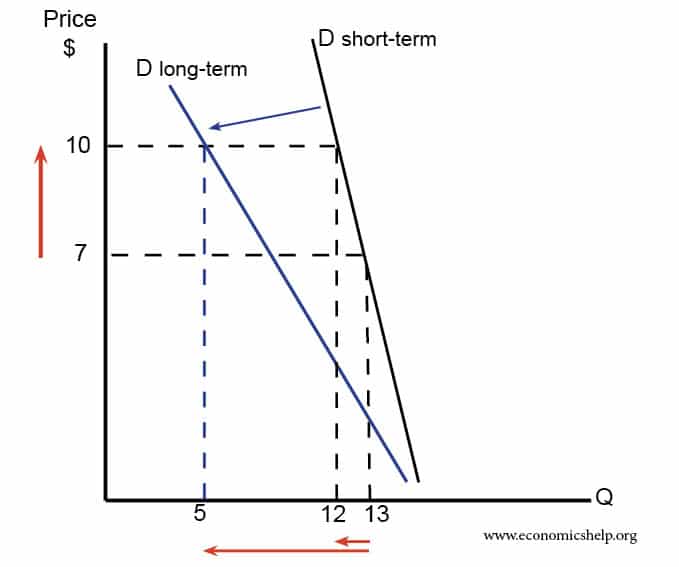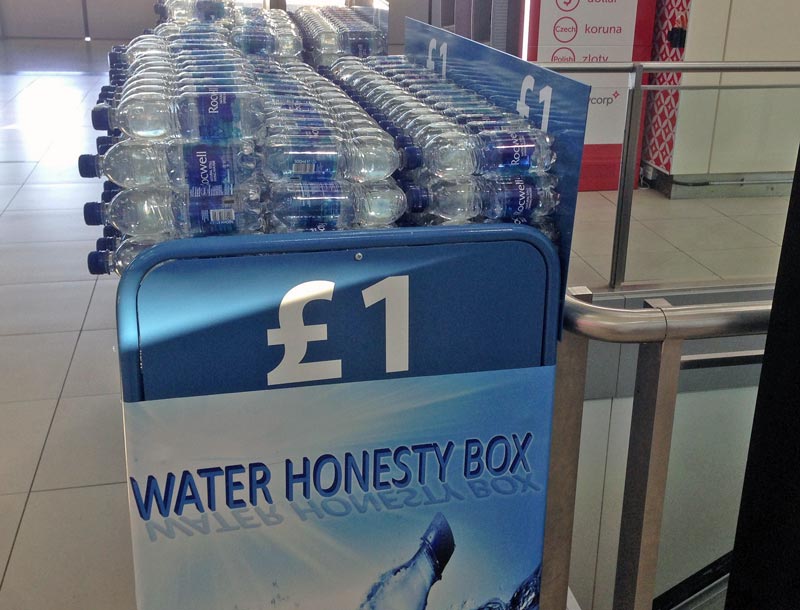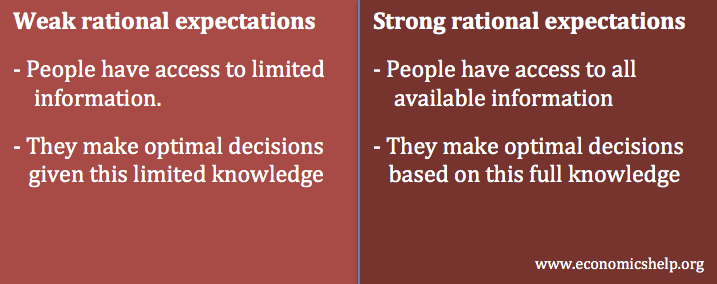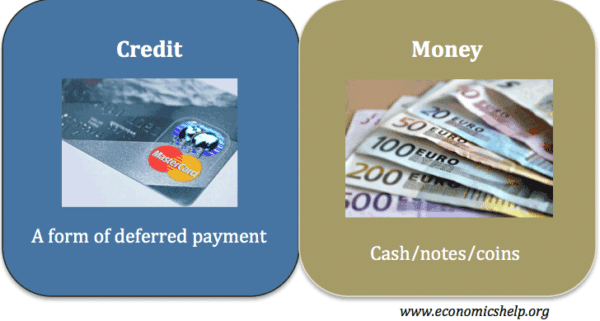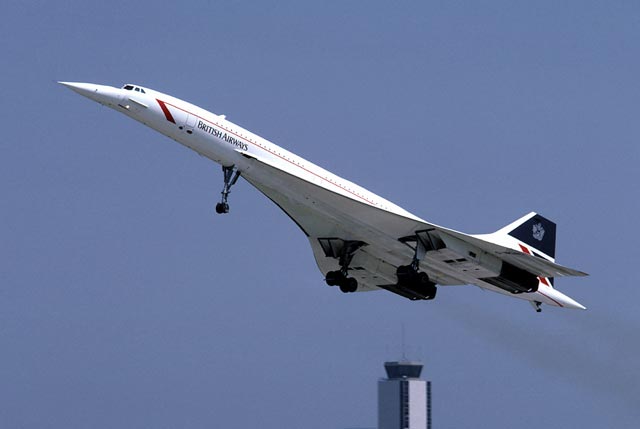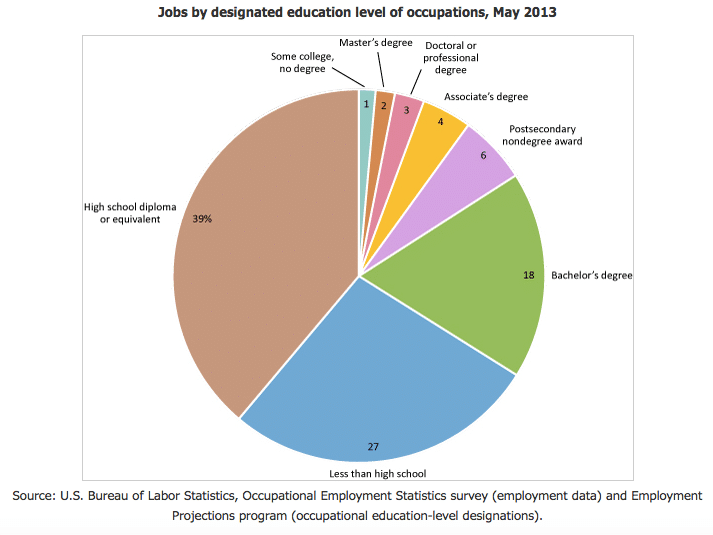Readers Question: In simple terms what is the difference between credit and money?
Credit
Credit is any form of deferred payment. For example, if you purchase on a credit card – a bank effectively pays on your behalf – anticipating you will pay back the amount to the credit card company in six weeks time.
If a bank lends money to a consumer, this is a form of credit. The consumer is given money, which it later has to pay back to the bank.
Money
Money is any item or electronic record that can be used for the purchase of goods, provide a store of account, and can be used as a medium of exchange.
If you buy on a debit card, you are using actual money in your bank account. You have a certain amount, and once your bank account is depleted, you can’t spend any more money. People will accept your money as legal tender in that country.
Example of difference between money and credit
If you buy on a credit card, the amount you can spend depends on the generosity of your credit card company. For example, you may spend £3,000 on credit (money you may or not have). However, the credit card company may decide to increase the amount of credit that it gives you, it can increase your credit card limit to £5,000 and more credit is created. But, you have to pay this back. This credit is not negotiable; you can’t go to a shop and directly offer them some of your credit card limit.
You can’t increase the amount of money you have (without earning it), but you can increase the amount of credit you receive – if banks are willing to lend it to you. In this sense, you could think of money as more tangible, and credit is more intangible.
As a youngster, you will be told ‘money doesn’t grow on trees’. You can’t personally create money out of thin air.
But credit in a way can be created out of thin air. If a bank decides to lend you more.

